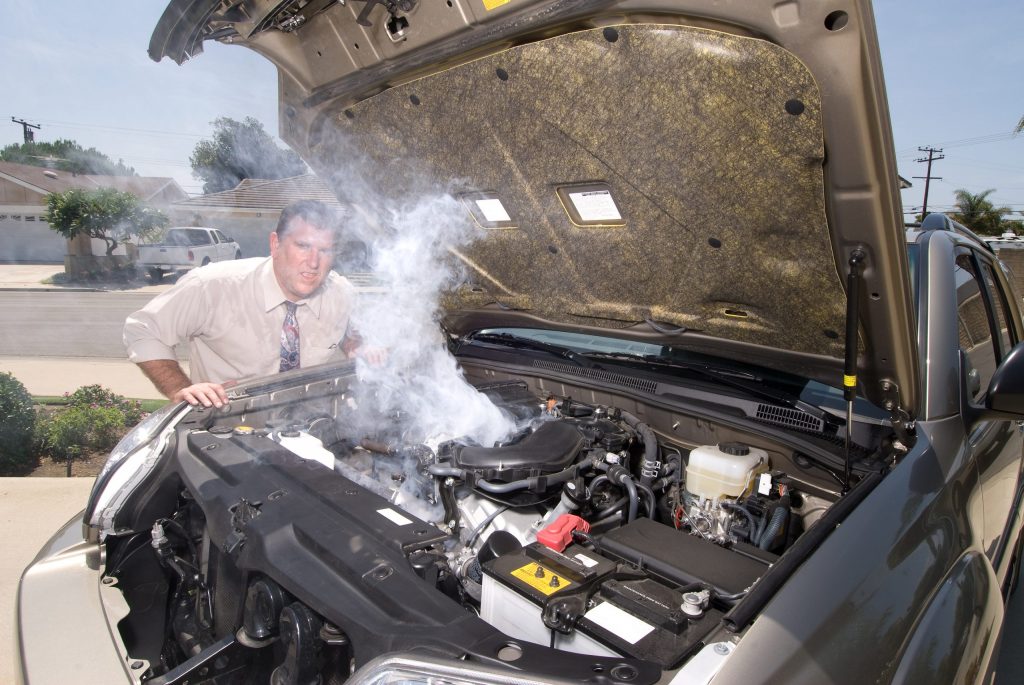Ensuring your car’s engine runs smoothly is essential for longevity and performance. Here's a straightforward guide: Perform regular maintenance, change the oil, maintain the cooling system, protect from heat, change the air filter, and regularly check spark plugs and oil pan gasket.
1. The Importance of Regular Maintenance
Regular maintenance is the cornerstone of a healthy engine. It involves periodic checks and replacement of worn-out parts to prevent unforeseen breakdowns. By adhering to your car's maintenance schedule, you can catch issues before they escalate into costly repairs.
1.1 Understanding Engine Wear
Over time, engine parts experience wear due to friction, heat, and exposure to chemicals. Regular maintenance helps identify and address this wear, ensuring each component functions as intended.
1.2 Benefits of Timely Part Replacement
Replacing parts like belts, hoses, and filters at recommended intervals can significantly extend the life of your engine. This proactive approach prevents minor issues from developing into major problems.
1.3 The Role of Regular Inspections
Inspections allow for a thorough check of the engine's components, ensuring everything is in working order. This includes checking for leaks, ensuring the cooling system is effective, and verifying the condition of the engine's belts and hoses.
1.4 Economic Advantages of Preventive Care
Investing in regular maintenance can save money in the long run. It helps avoid the high costs associated with major engine repairs or replacements.
1.5 Long-Term Impact on Engine Health
Consistent maintenance ensures your engine runs efficiently, reducing the likelihood of premature failure and maintaining its value over time.
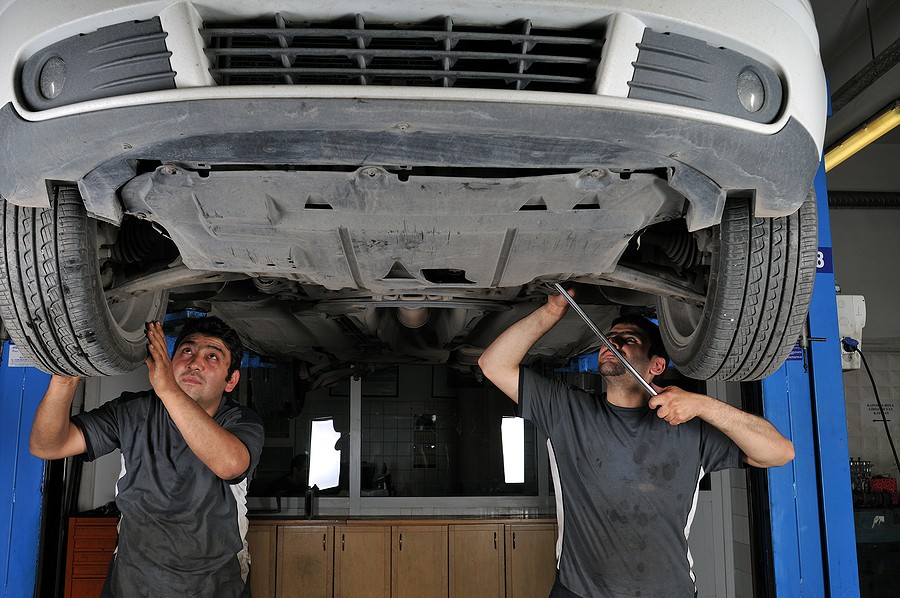
2. Essential Oil Change Practices
Oil changes are crucial for engine health. They ensure proper lubrication, reducing friction and wear on moving parts.
2.1 The Mechanics of Engine Lubrication
Engine oil creates a thin barrier between moving parts, minimizing direct metal-to-metal contact. This reduces wear and helps dissipate heat.
2.2 Timing is Everything
Adhering to the recommended oil change intervals is key. Old oil loses its lubricating properties and can accumulate harmful contaminants.
2.3 Choosing the Right Oil
Selecting the appropriate type and grade of oil for your vehicle is critical. Consult your owner's manual or a trusted mechanic to make the right choice.
2.4 The Role of Oil Filters
Oil filters trap debris and contaminants. Changing them with every oil change ensures they effectively protect your engine.
2.5 Monitoring Oil Levels and Quality
Regularly check your oil level and quality. Low oil levels or dirty oil can indicate underlying issues that need attention.
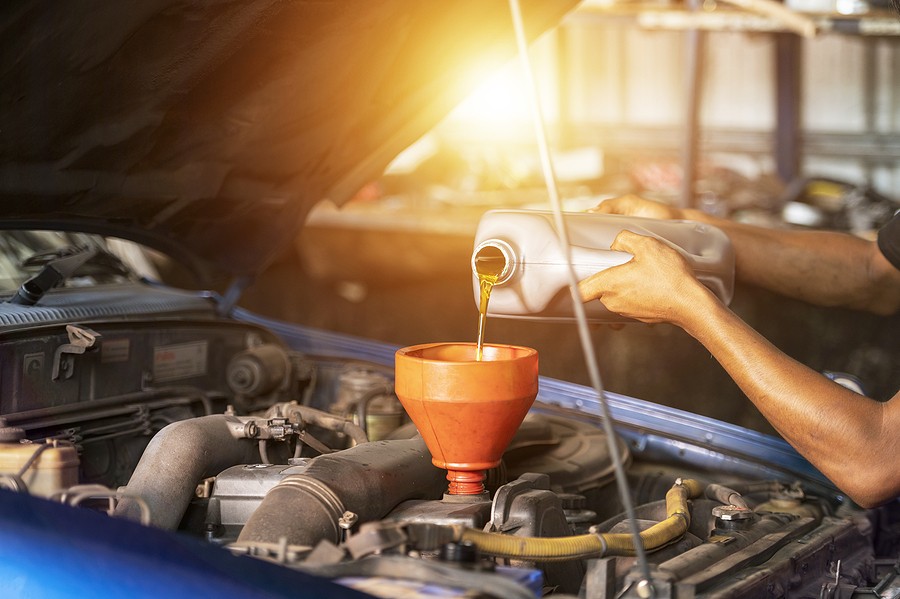
3. Cooling System Maintenance
The cooling system is essential in preventing engine overheating, a common cause of engine failure.
3.1 Understanding the Cooling System
The system circulates coolant to absorb engine heat, which is then dissipated through the radiator.
3.2 Checking Coolant Levels
Ensure your coolant level is within the recommended range and top up if necessary. Low coolant levels can lead to overheating.
3.3 Inspecting for Leaks
Check for coolant leaks regularly. Leaks can lead to low coolant levels and overheating.
3.4 Radiator Maintenance
Keep the radiator clean and free of obstructions. A blocked radiator can't effectively dissipate heat.
3.5 Thermostat Checks
A malfunctioning thermostat can cause overheating. Ensure it opens and closes at the correct temperatures.
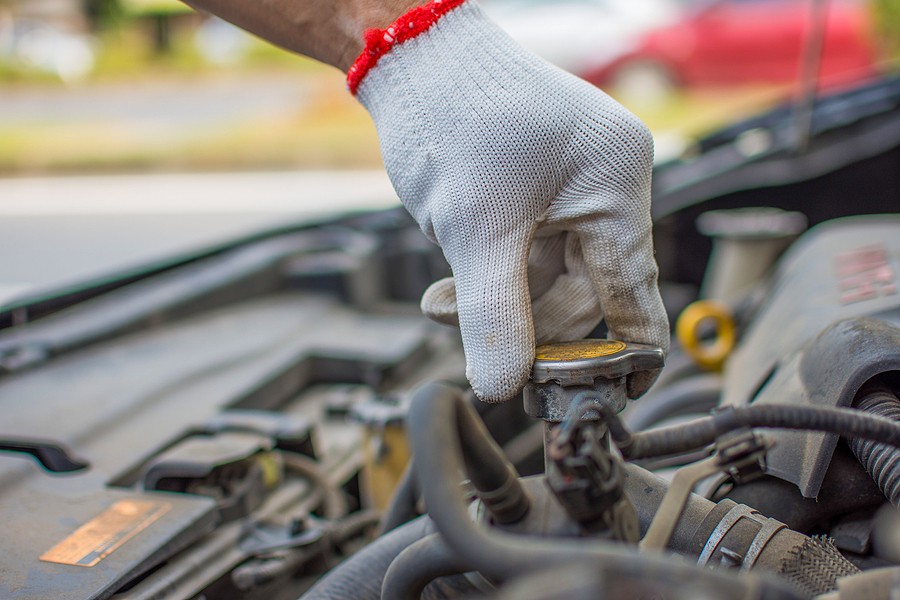
4. Protecting Your Car from Heat
Excessive heat can damage engine components. Here's how to protect your engine:
4.1 Parking in Shade
Whenever possible, park your car in shaded areas to minimize heat exposure.
4.2 Using Sunshades
Sunshades can reduce the internal temperature of your car, protecting the dashboard and other components.
4.3 Engine Coolant Additives
Consider using coolant additives that help improve the cooling efficiency of your system.
4.4 Regular Checks During Hot Weather
In hot climates, increase the frequency of your engine checks, especially the cooling system.
4.5 Driving Practices in Heat
Avoid aggressive driving in hot weather, as it can exacerbate engine strain and overheating risks.
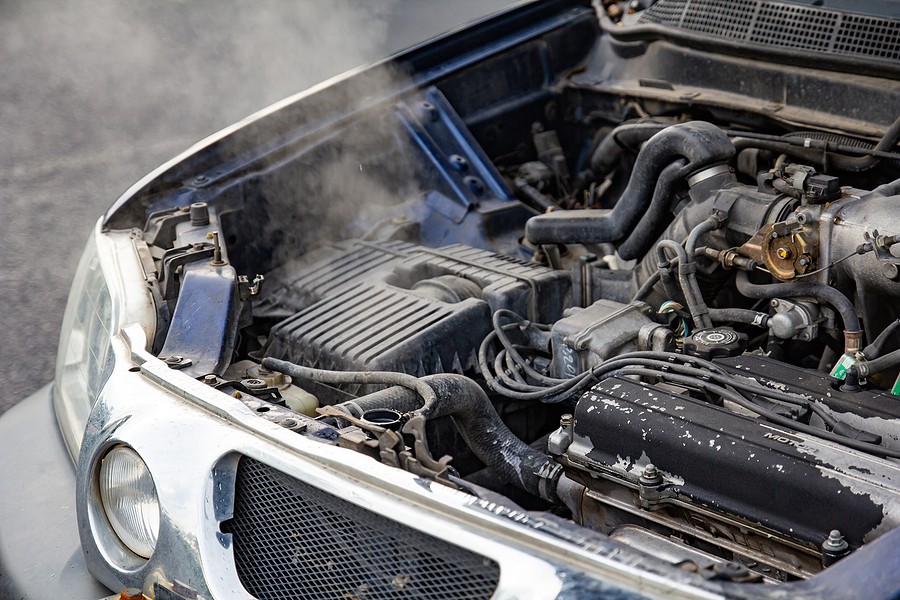
5. Air Filter Maintenance
A clean air filter is vital for engine performance and longevity.
5.1 Role of the Air Filter
The air filter prevents dirt and debris from entering the engine, protecting internal components.
5.2 When to Change the Air Filter
Replace the air filter according to your car's maintenance schedule or more frequently in dusty conditions.
5.3 Choosing the Right Air Filter
Use high-quality air filters that offer the best protection for your engine.
5.4 The Impact of a Clogged Air Filter
A clogged air filter restricts airflow, reducing engine efficiency and increasing fuel consumption.
5.5 DIY Air Filter Checks
Learn to inspect your air filter. A visually dirty filter is a clear sign it needs replacing.
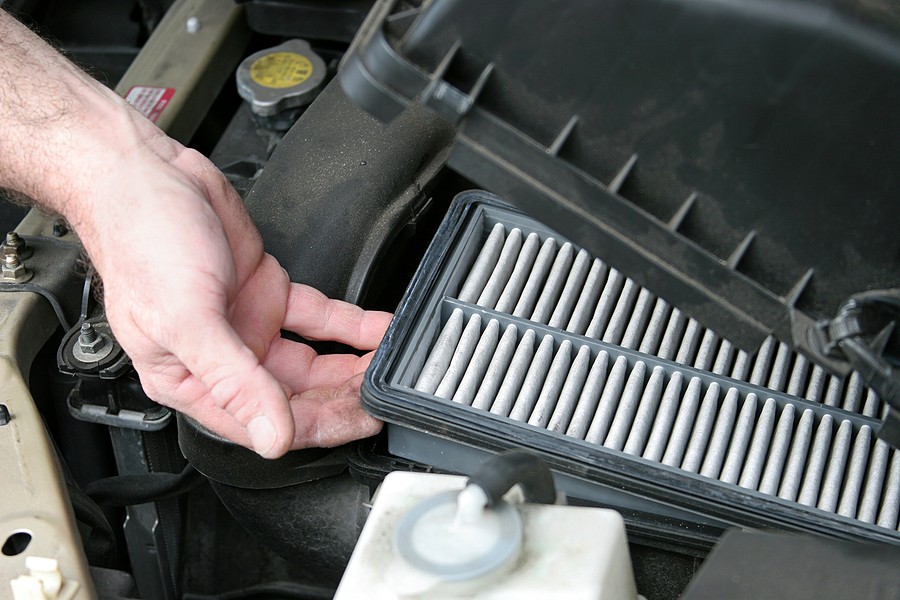
6. Spark Plugs and Wires Maintenance
Spark plugs and wires are crucial for engine performance.
6.1 Function of Spark Plugs
Spark plugs ignite the fuel-air mixture in the engine, crucial for starting and running your vehicle.
6.2 Signs of Worn Spark Plugs
Misfires, poor fuel economy, and difficulty starting the car can indicate worn spark plugs.
6.3 Replacing Spark Plugs and Wires
Follow the manufacturer's guidelines for replacing spark plugs and wires to ensure optimal performance.
6.4 Checking for Corrosion and Wear
Inspect spark plugs and wires for signs of corrosion and wear. Even minor damage can impact engine efficiency.
6.5 The Benefits of Quality Spark Plugs
Invest in high-quality spark plugs for better performance and fuel efficiency.
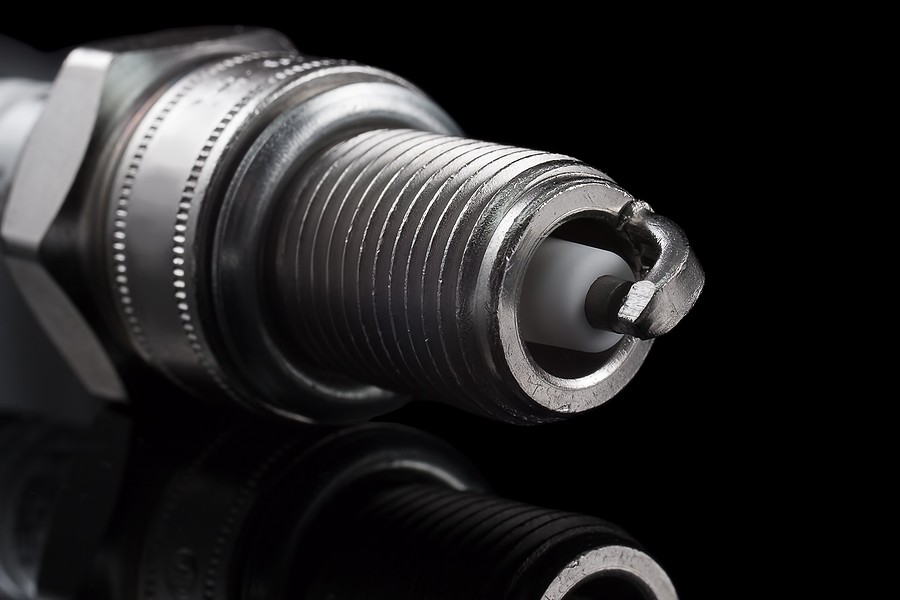
7. Oil Pan Gasket and Valve Cap Checks
The oil pan gasket and valve cap are small but vital components.
7.1 Role of the Oil Pan Gasket
The oil pan gasket seals the oil pan to the engine, preventing oil leaks.
7.2 Signs of a Faulty Oil Pan Gasket
Oil spots under the car or a decrease in oil levels can indicate a gasket leak.
7.3 Checking the Valve Cap
Regularly inspect the valve cap for signs of wear or damage.
7.4 Replacing Worn Components
Replace the oil pan gasket or valve cap if they show signs of wear or damage.
7.5 The Impact of Oil Leaks
Oil leaks can lead to decreased lubrication and potential engine damage.
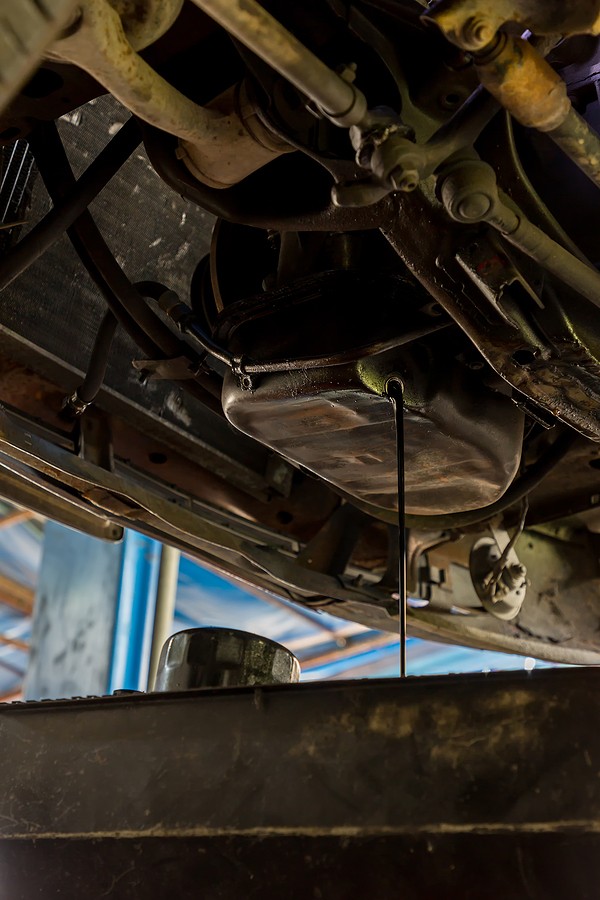
Conclusion: Ensuring Engine Longevity
By following these tips, you can significantly reduce the risk of engine failure. Regular maintenance, timely replacements, and attentive care are key to a healthy, long-lasting engine. Remember, an ounce of prevention is worth a pound of cure, especially when it comes to your vehicle.
For personalized advice, expert vehicle evaluations, or if you're looking to sell your car, regardless of its condition, contact Cash Cars Buyer at 773-791-4363. Our team of expert car researchers and writers are always ready to offer you the best solutions for your car needs.

